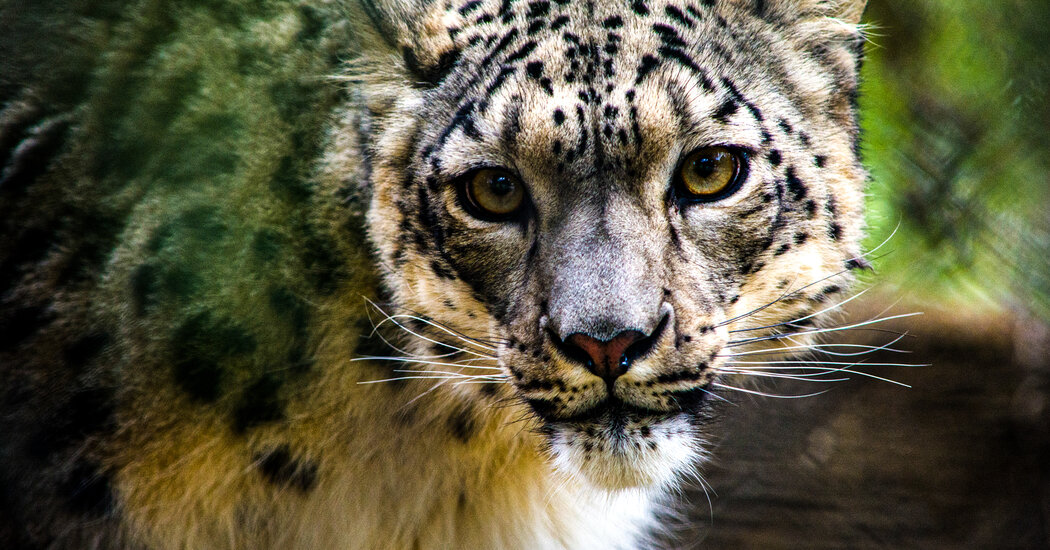Snow leopards at the Louisville Zoo are the latest animals to be infected with the coronavirus.
One female cat, NeeCee, has tested positive and two males, Kimti and Meru, are presumed positive, based on tests at a regional veterinary diagnostic center that must be confirmed at a national lab.
The cats are all showing minor symptoms of coughing and wheezing, much like the tigers and lions at the Bronx Zoo that tested positive back in April. The New York cats recovered without difficulty and the Kentucky zoo expects the snow leopards will do the same.
Domestic cats, dogs and mink have also been infected with the virus, which causes Covid-19 in people. Domestic cats and mink can transmit it to other animals. Mink are the only animals so far known to get severely ill and are the only animals known to transmit the virus back to humans.
Denmark ordered up to 17 million mink killed because of worries about mutations in the virus affecting potential vaccine efficacy. Those fears have not been substantiated, but numerous scientists have supported the move because a parallel pandemic in mink risks more mutation and more transmission back to humans and perhaps other animals.
So far there are no documented cases of dogs or cats passing the virus to humans. The Centers for Disease Control and Prevention offers recommendations for dealing with pets if owners become infected, and the Department of Agriculture has guidelines for mink farmers.
The tests for the virus in animals are not the same as those done for humans and can only be done at specialized labs that do not test people. The Louisville zoo sent fecal samples to the University of Illinois Veterinary Diagnostic Laboratory, which did initial tests showing all three snow leopards to be positive.
Samples were then forwarded to the National Veterinary Services Laboratories in Ames, Iowa, which confirmed the positive result for the female snow leopard. Confirmation was pending for the two male cats.
[ad_2]
Source link


